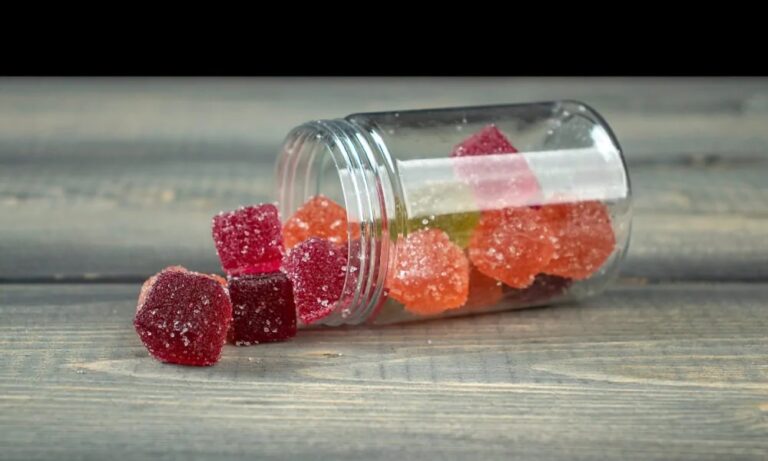The cultivation of CBD flower is a delicate and intricate process that significantly influences the quality of the final product. As the demand for CBD continues to soar, adopting best practices in cultivation becomes imperative for manufacturers seeking to produce premium cbd flower uk. Here, we delve into various practices that contribute to the successful cultivation of high-quality CBD-rich hemp.
Genetic selection
The foundation of successful CBD flower cultivation lies in selecting the right hemp genetics. Strains with high CBD content, low THC levels, and favorable terpene profiles are ideal. Ensuring genetic stability and reliability paves the way for a consistent and predictable crop.
Soil quality and nutrient management
Quality soil is essential for robust hemp growth. Well-draining soil rich in organic matter provides the necessary nutrients and encourages healthy root development. Implementing sustainable nutrient management practices, including the use of organic fertilizers, supports optimal plant growth without compromising product quality.
Climate and environmental considerations
Hemp is a versatile plant, but it thrives under specific environmental conditions. The right combination of temperature, humidity, and sunlight is crucial for healthy growth. Cultivators must be mindful of regional climate variations and adapt their practices accordingly to ensure optimal yields.
Proper irrigation techniques
Consistent and appropriate irrigation is essential for preventing stress and ensuring proper nutrient absorption. Over-watering can lead to root rot, while under-watering hampers plant growth and cannabinoid production. Employing efficient irrigation techniques tailored to the specific needs of hemp plants contributes to overall crop health.
Harvest timing and techniques
Harvesting hemp at the right moment is critical for preserving cannabinoid and terpene profiles. Early or late harvesting can result in suboptimal levels of CBD or undesirable changes in flavor and aroma. Using precise harvesting techniques, such as hand-trimming, contributes to the overall quality of the CBD flower.
Curing and drying protocols
Post-harvest practices are equally crucial. Proper curing and drying processes preserve the integrity of the flower, preventing mold and preserving cannabinoids and terpenes. Temperature and humidity control during curing contribute to the development of the desired characteristics in the final product.
Pest and disease management
Hemp is susceptible to various pests and diseases. Adopting integrated pest management strategies and selecting disease-resistant strains can help minimize the need for chemical interventions, promoting a more sustainable and environmentally friendly cultivation process.
Final thoughts
CBD flower cultivation is a dynamic interplay of genetics, environment, and agricultural practices. By embracing the best practices, cultivators can optimize their yields and produce high-quality CBD flower that meets the expectations of discerning consumers.

